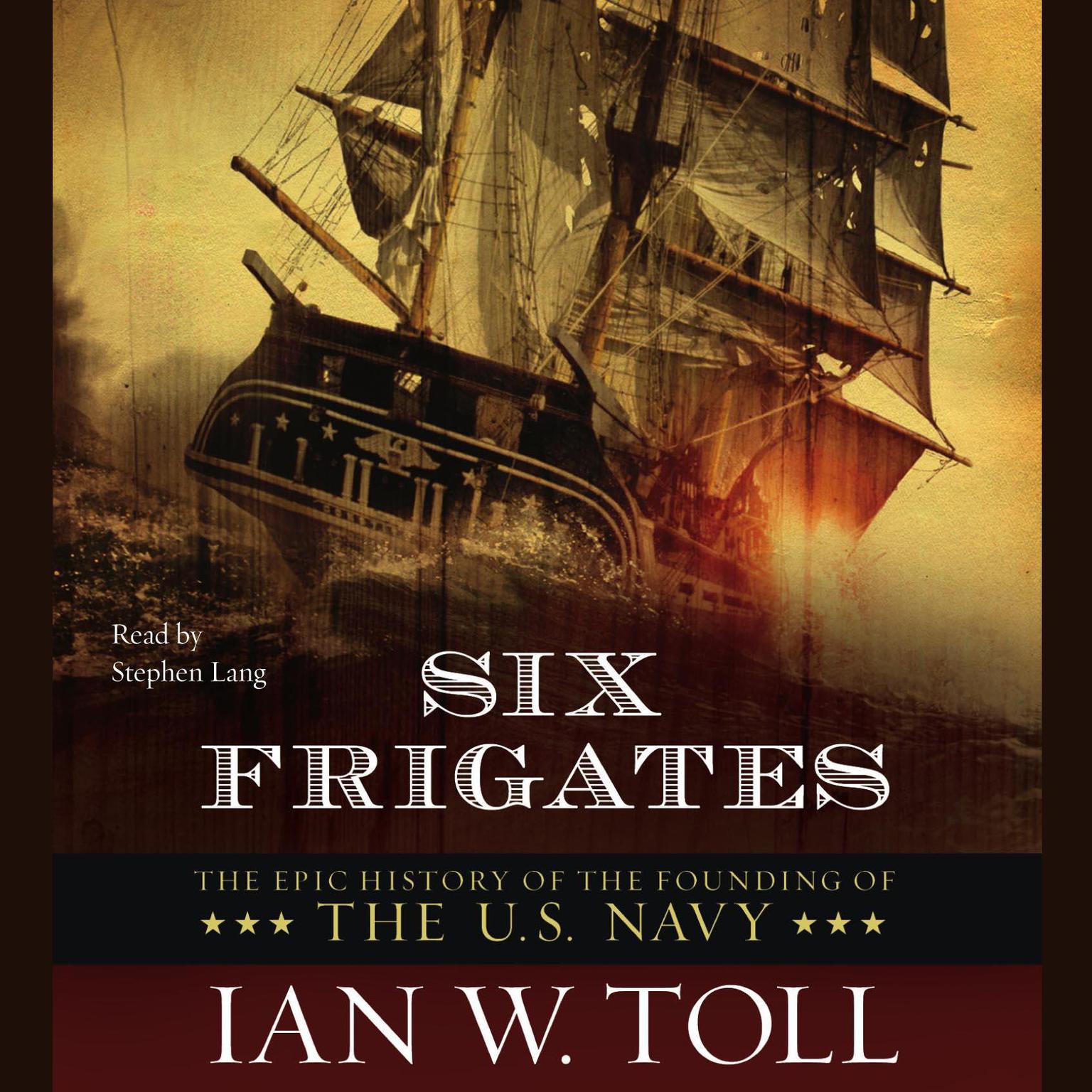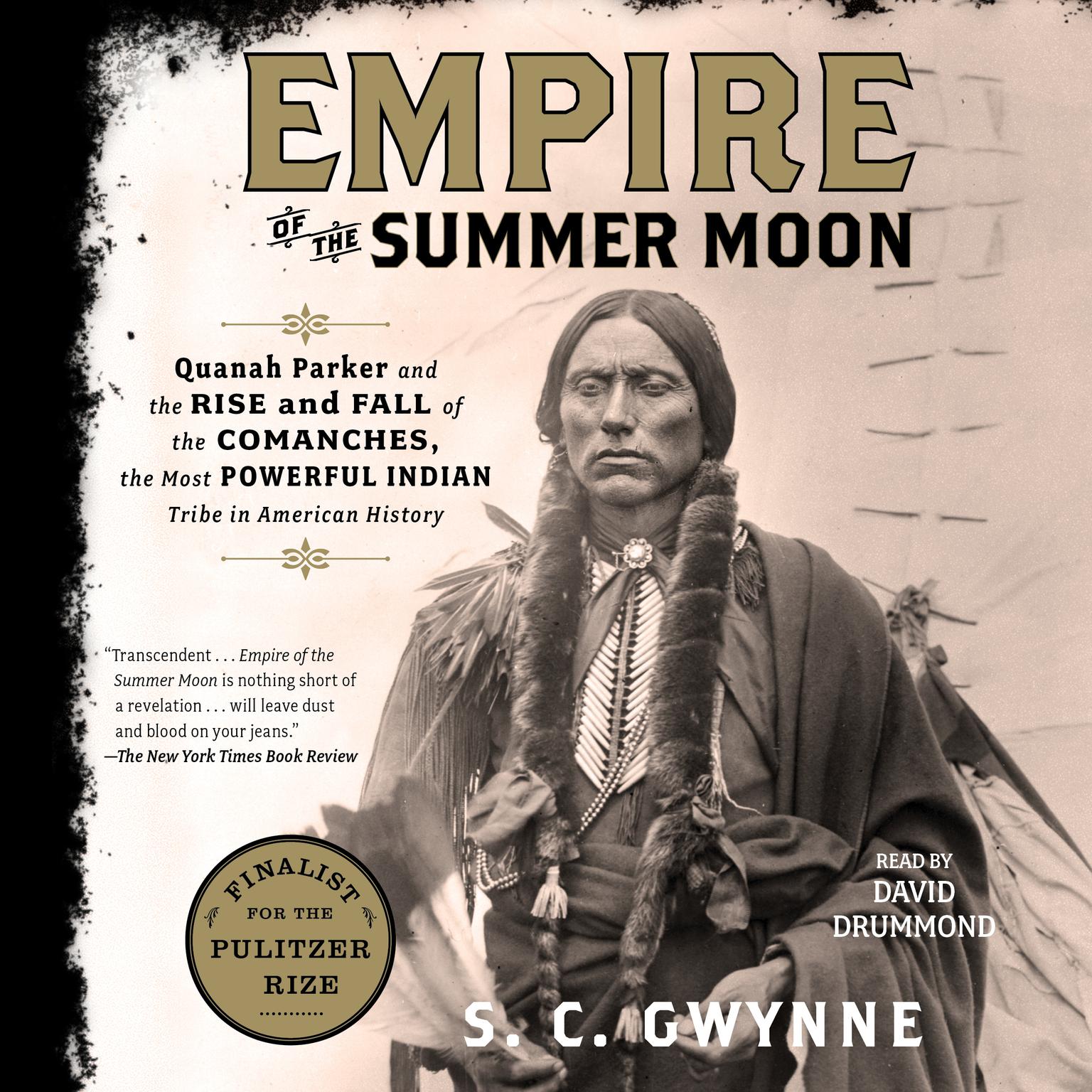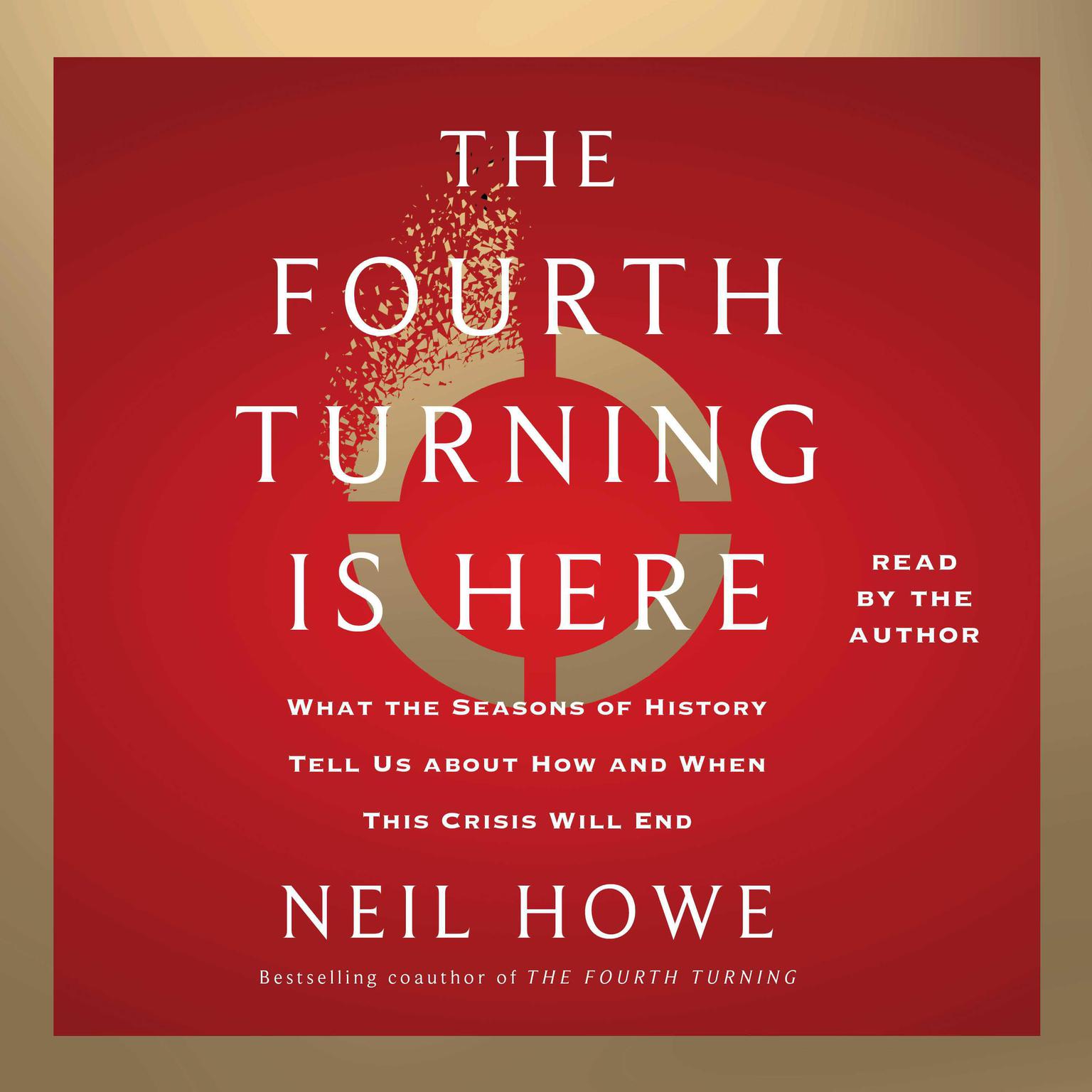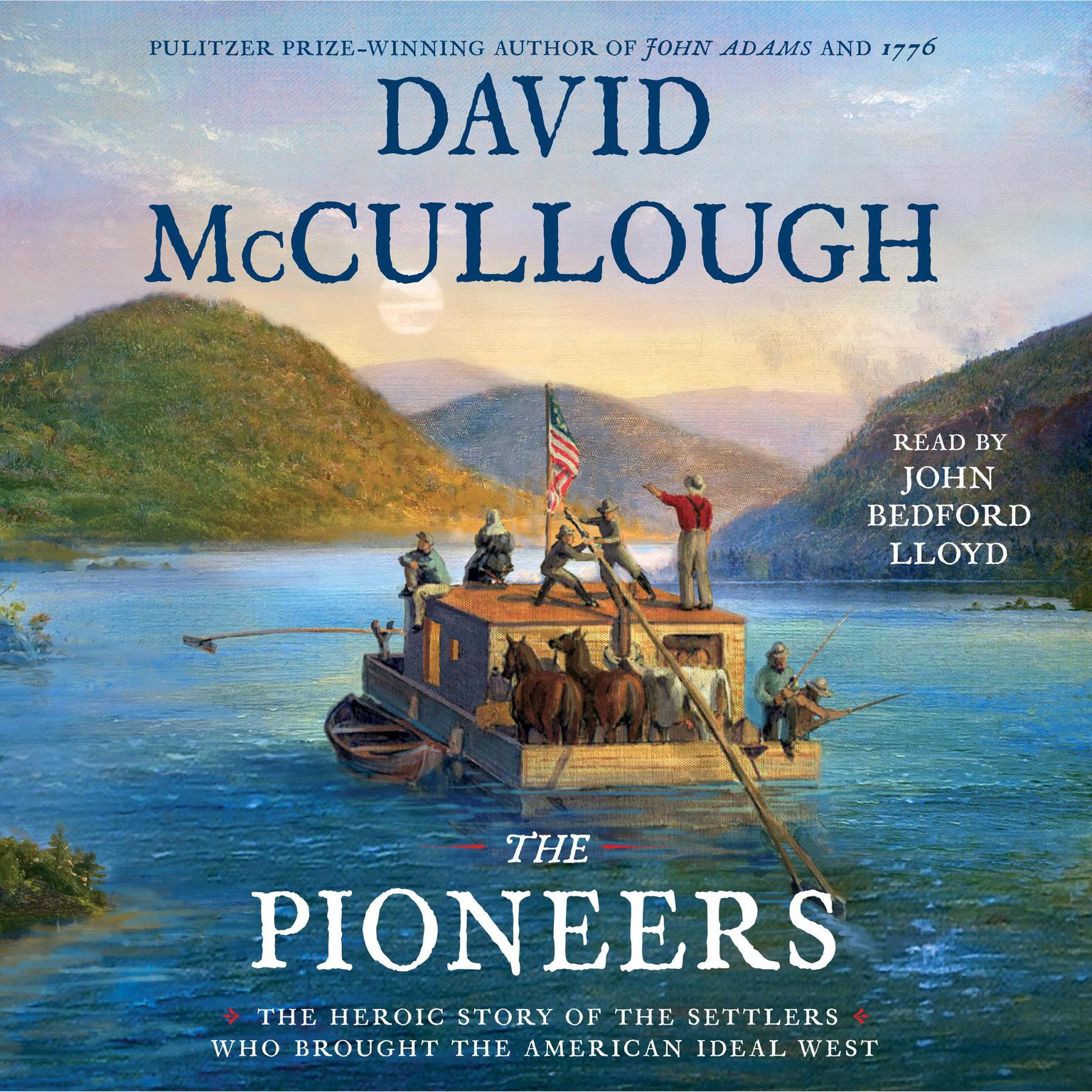Publisher Description
Before the ink was dry on the Constitution of the United States, the establishment of a permanent military had become the most divisive issue facing the young republic. Would a standing army be the thin end of dictatorship? Would a navy protect American commerce from the vicious depredations of the Barbary pirates, or would it drain the treasury and provoke hostilities with the great powers? How large a navy would suffice? The founders — particularly Jefferson, Hamilton, Madison, and Adams — debated these questions fiercely and switched sides more than once.
In 1794, President Washington signed legislation authorizing the construction of six heavy frigates. The unique combination of power, speed and tactical versatility — smaller than a battleship and larger than a sloop — that all navies sent on their most daring missions. It was the first great appropriation of federal money and the first demonstration of the power of the new central government, calling for the creation of entirely new domestic industries, and the extraction of natural resources from the backwoods of Maine to the uninhabited coastal islands of Georgia.
From the complicated politics of the initial decision, through the cliffhanger campaign against Tripoli, to the war that shook the world in 1812, Ian W. Toll tells this grand tale with the political insight of Founding Brothers and a narrative flair worthy of Patrick O’Brian. In the words of Henry Adams, the 1812 encounter between USS Constitution and HMS Guerriere “raised the United States in one half hour to the rank of a first class power in the world.”
Download and start listening now!
“An impressive attempt at detailing the founding and early days of the US Navy up to 1815 and the end of the War of 1812, Toll’s Six Frigates is a book that I would recommend to novices (such as myself) in naval history. While it did take me some time to get through this book due to my lack of prior knowledge of naval history/terminology, I think that Toll did a good job at making the story of the beginning of our navy accessible to the average reader. The only reason that this book did not earn five stars is some glaring historical inaccuracies at the beginning of the book (for example, on page 70, he refers to Secretary of State Thomas Pickering instead of the correct Timothy Pickering). With a little more editing, this book would have ranked five stars in my estimation. As it is, it has fueled my interest in American naval history and in such historical figures as Edward Preble, Stephen Decatur, and William Bainbridge.”
—
Jerry (4 out of 5 stars)











